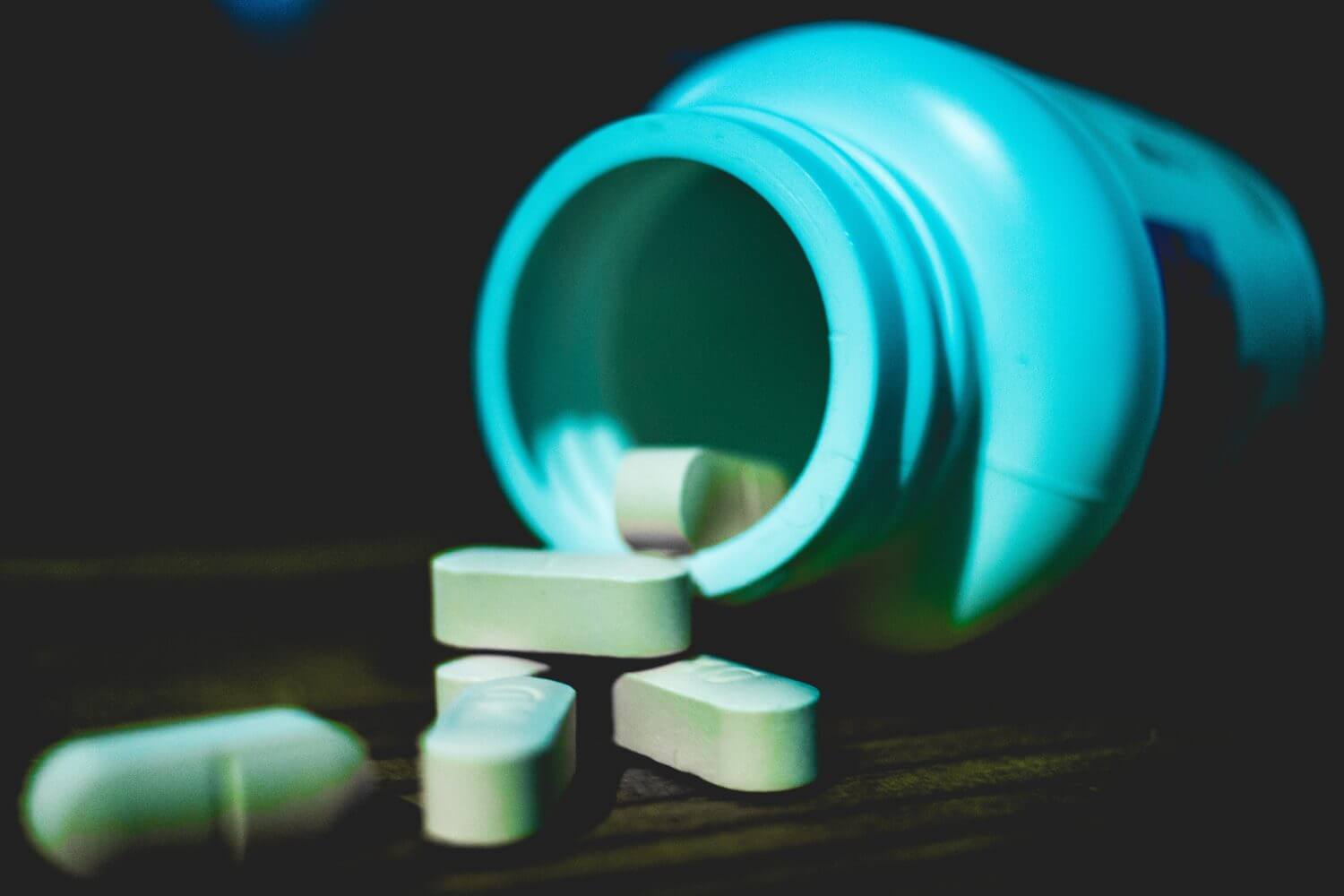The compulsive use of a harmful substance is bound to result in negative consequences, some of which may seem quite obvious. However, as a result of the sheer number of consequences that may those struggling with addiction, many of them are actually under-discussed.
It is not an exaggeration to say that addiction can result in death under a variety of different circumstances. A number of substances can result in immediate overdose, while others may cause the development of a deadly disease. Addiction can also cause a person to engage in risky behavior, such as sharing needles, which can lead to the spread of HIV and other communicable diseases.
In addition, people with a substance addiction are six times more likely to attempt suicide than the general population. Male veterans suffering from substance addiction are twice as likely to attempt suicide as their fellow servicemembers, and female veterans with addiction are more than six times as likely to make a suicide attempt.
The health issues that often stem from addiction can be horrific even in the absence of death and may include seizures, psychosis, coma, heart failure, dehydration, cancer, brain damage, and other diseases, depending on the substance. In addition, people with a substance addiction are more likely to be involved in accidents which could lead to serious or permanent injury.
Less discussed are the personal and professional consequences of addiction. Behavioral changes resulting from chronic substance use can irrevocably damage family relationships and friendships and may lead to declining work performance and loss of employment. The likelihood of facing legal issues and financial trouble is also heightened for people with a substance addiction.
The overwhelming number of burdens face by those with a substance addiction can make recovery feel impossible, but it is important not to give up on a better future.
The Asana Recovery offers a comprehensive treatment program that can help those any stage of addiction. Call us at (949) 438-4504 to learn more about our alcohol and drug treatment program today.



